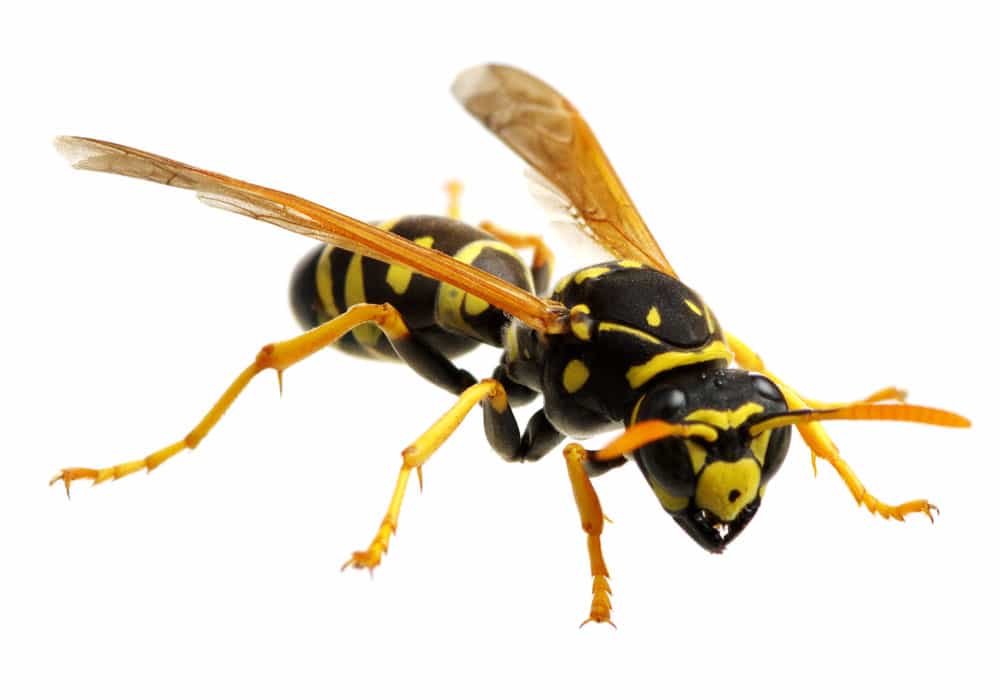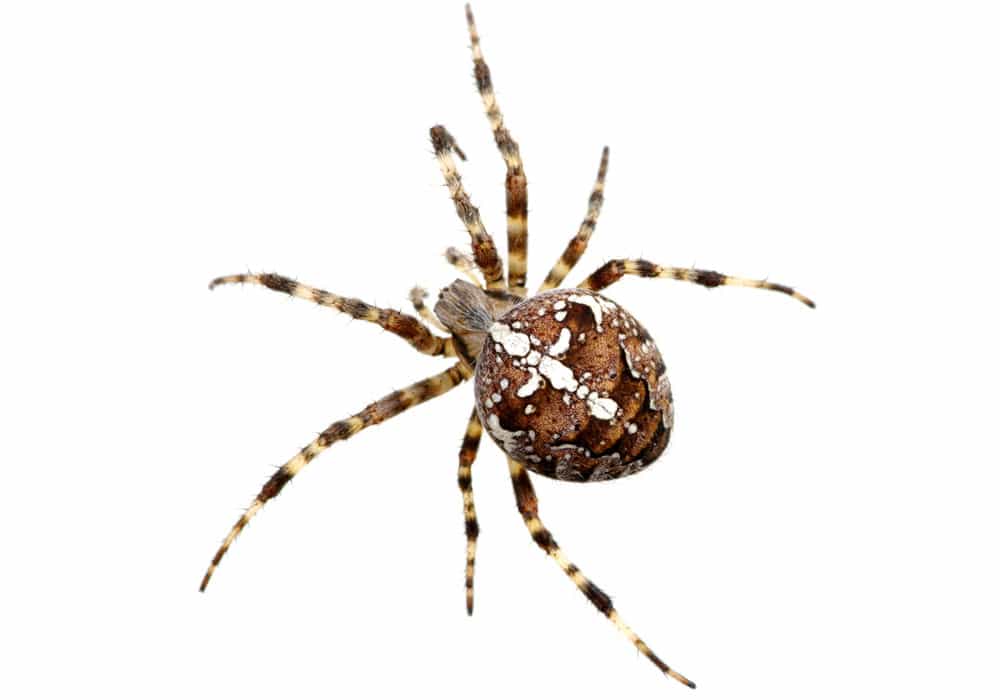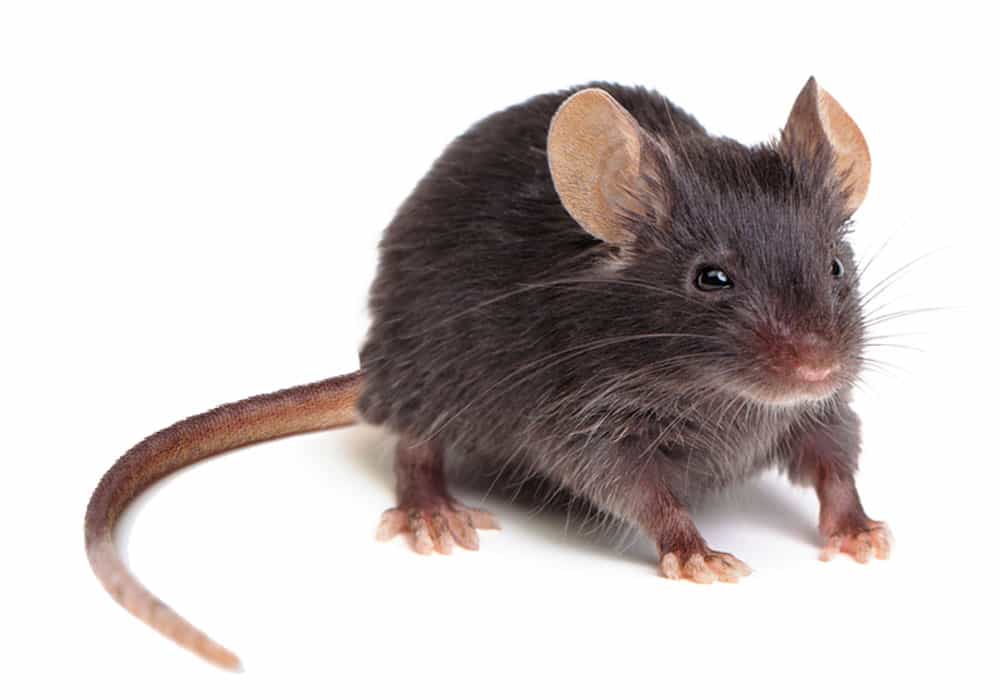Best Small Ant Control Near Vancouver, WA
The most prevalent kinds of small ants in near the Vancouver metro areas are the sugar ant (or odorous house ant), moisture ant, and pavement ant. Our professional ant exterminator service near you will eliminate these pests from your home for good!
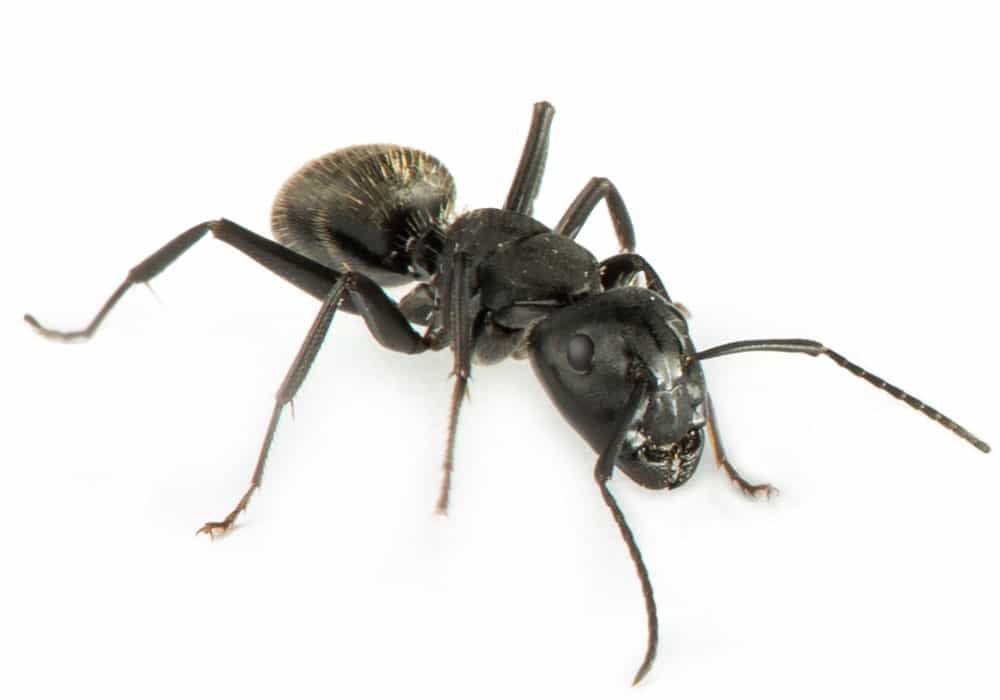
Sugar Ant Description
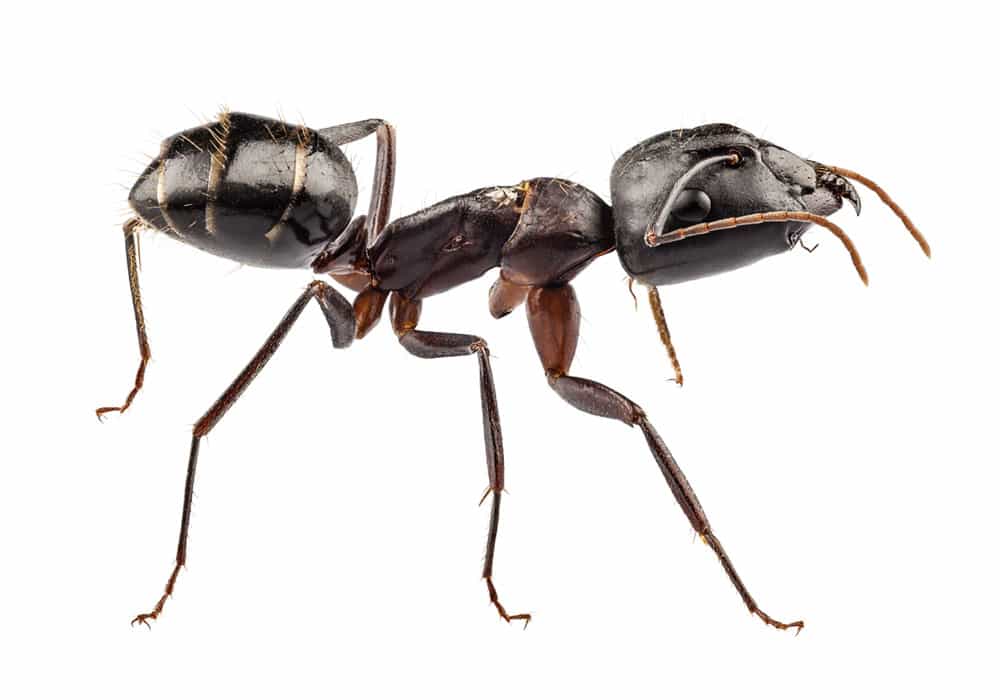
Size
The sugar ant is very small—measuring about 2.4-3.3mm long. They are typically about as small as a pencil eraser. Although they are small, they quickly become noticeable as they swarm around food or stream through your home in a line.
Color
Sugar ants are typically black in color.
Smell
This might sound strange, but when crushed, sugar ants release an unpleasant, coconut-smelling odor. Sugar ants have a gland that releases this smell and it’s why they are called the odorous house ant.
What are sugar ants?
The odorous house ant, or “sugar ant,” is the most common house ant found in the Pacific Northwest. If you notice a stream of small ants, odds are, you’re looking at a sugar ant. Most of the ant problems our technicians treat are related to sugar ants.
How did I get sugar ants?
The two main reasons ants are attracted to our homes are water and shelter. This is why sugar ants often appear in kitchen and bathroom areas or adjacent parts of the house.
What do sugar ants eat?
Sugar ants are opportunistic. They’ll usually take advantage of any food they come across, and the more food left out, the more ants will be attracted, leading to a massive ant infestation. Keeping food and water from being left unattended is a good first step to ensuring sugar ant problems do not continue to occur.
Additionally, ant scouts leave pheromones or “scent trails” for their friends to follow—hence the infamous marching ants. Thus, when one sugar ant discovers food or a potentially sheltered area to be colonized, more are sure to follow.
How Do Exterminators Get Rid Of Small Ants?
Systematic Approach
We deal with them by targeting the outside first, then treating foundations, and finally baiting inside the home. Seasonal maintenance—every three months—is usually enough. For commercial kitchens or high-infestation zones, we may need to visit more frequently.
We also offer free in-between visits if issues pop up between scheduled services.
Where are the sugar ants coming from in my Vancouver home?
Sugar ants typically invade homes via houseplants, small holes where outlets or utilities enter your home, tiny cracks in the moulding or foundation, or through windows or doors that are poorly sealed. Learn the signs of ant infestation in house.
Sugar ants like areas with moisture
“Satellite” colonies are usually established in wall voids within the home and are most often found near moisture (e.g., kitchen, bathroom areas, and the laundry room).
Still not sure if you’re looking at a sugar ant?
Sugar Ant Pest Control FAQ
Are Sugar Ants Harmful?

Generally speaking, sugar ants are harmless to humans and property structures.
Are sugar ants poisonous?
Sugar ants are not poisonous. They do not sting.
Do sugar ants bite?
While sugar ants have mandibles that allow them to pinch, it’s uncommon and not very painful. The only concern from a bite would be if someone were highly allergic.
Will sugar ants damage my home?
Sugar ants are unlike termites and carpenter ants, as they don’t damage property. They will get into and ruin your food, however. Otherwise, they won’t cause structural damage.
Are Sugar Ants SEASONAL?

Sugar ants are primarily active from early March to late October.
Due to the temperate climate near Vancouver, Washington, the outdoor foraging cycle in the Pacific Northwest lasts much longer than in other areas. The cycle ranges from early March to late October. Sugar ants, therefore, have more time to enter your home, populate, and continuously create a larger ant problem.
Why do sugar ants move indoors?
Indoors, ants in the Northwest can continue their life cycle year-round. This gives ants plenty of time to find a home to seek food and shelter in, and let their entire ant colony know to join them as well.
can i treat Sugar Ants on my own?

Most DIY treatments do not have the strength to disrupt sugar ants’ egg cycles.
While many over-the-counter pesticides are available, they never get to the source of the sugar ant problem. Consequently, we strongly recommend calling one of our pest control experts for a free consultation.
Do repellent sprays work on sugar ants?
Repellent sprays will kill sugar ants in the immediate contact area, but not break the sugar ants’ egg cycle.
Are DIY sugar ant baits effective?
Sugar ant baits will kill a few ants inside the nest, but often lack the strength to disrupt the egg cycle and terminate the sugar ant colony.
Sugar ant control with guaranteed results
Why should I call professional ant pest control near Vancouver?
Too often, homeowners delay calling a pest control professional because they are worried about the price. Contact us for a free, no-pressure consultation of your Vancouver or Portland home.
Prevent a sugar ant infestation in your Vancouver home
Odorous house ants in the Pacific Northwest frequently move their nests indoors, causing an ant infestation to occur. What’s more, an odorous house ant colony has multiple queens and nesting sites, which can make ant control and removal in areas near Vancouver a headache for homeowners because multiple nests are spread out across the house.
Early intervention is crucial for sugar ant extermination.
Leaving any ant problem unattended invites a more extensive ant infestation. Ant colonies inside a home may also become well-established over time, making effective control arduous. That’s why early intervention is so crucial. If you are a homeowner in the area seeking pest control near you, we recommend you bring in professional ant removal and control specialists to address the problem, as many of the over-the-counter solutions may cause the ant problem to worsen by fracturing the colony.
Sugar Ant Treatment
1
INSPECT
Aspen Pest Control’s technicians will arrive at your home near Vancouver on time and work with you to identify the issue. Our technicians will inspect the house for pests, their entry points, and the damage they may have caused. The technician will then build a treatment plan based on your needs and budget.
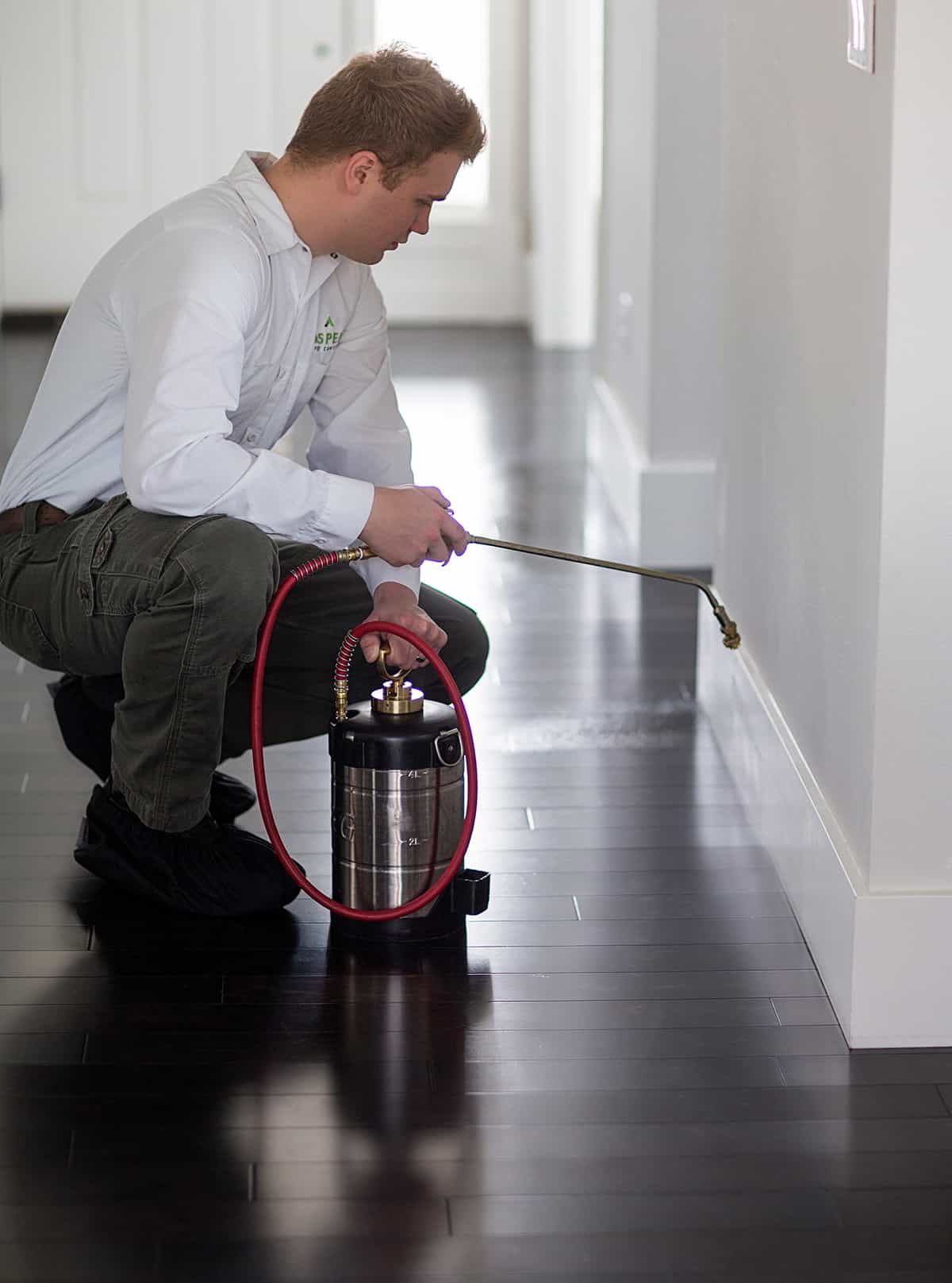
2
Apply products
Aspen Pest Control uses commercial-grade “non-repellent” pest control products on sugar ants here near Vancouver. These products are specifically designed to be undetectable to ants (no odor or taste). Consequently, because ants can’t detect products, they can’t avoid them. The pheromone or scent trails remain intact, and our products are gradually taken back to the nest, ultimately breaking the sugar ants’ egg cycle.
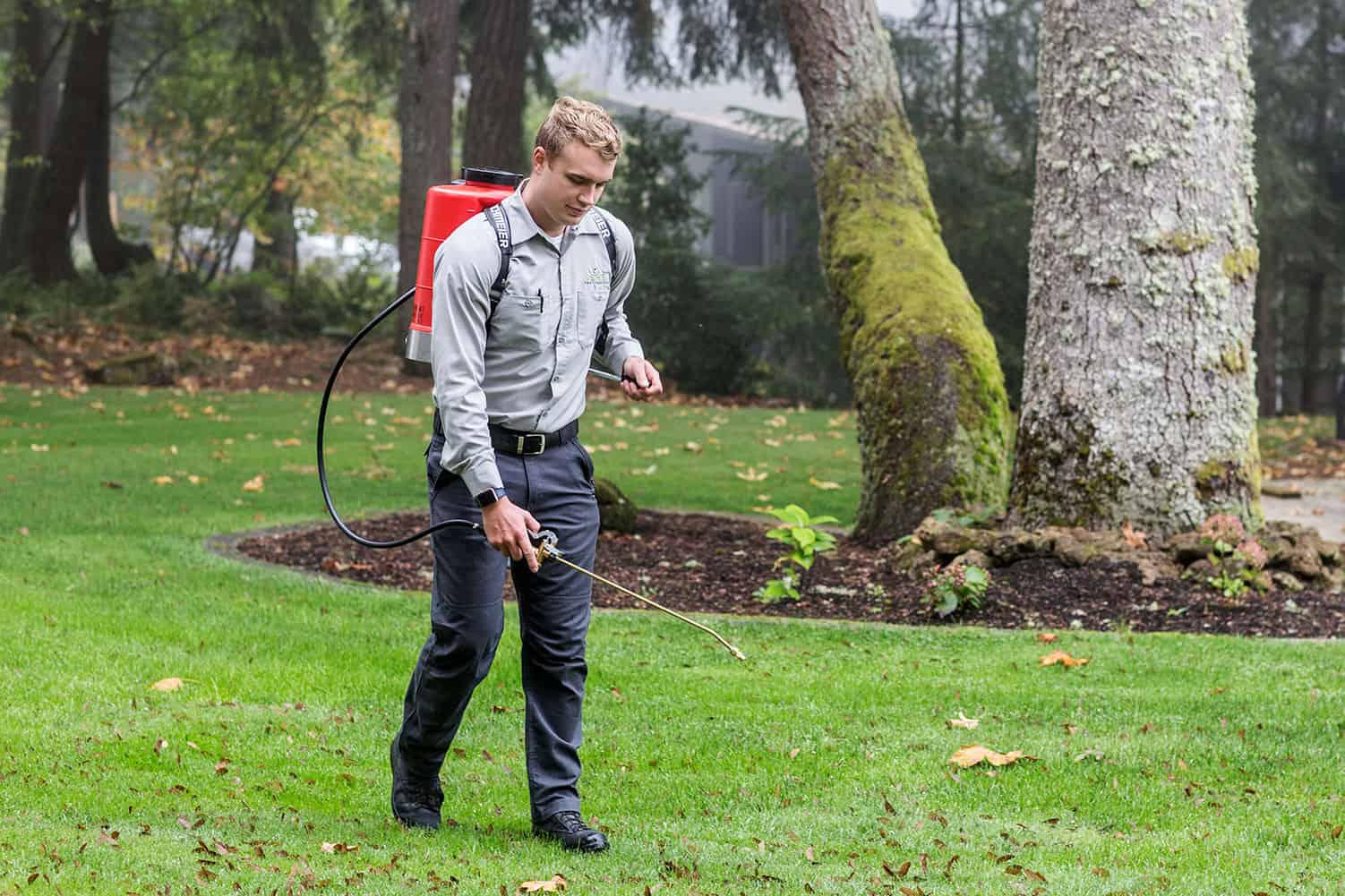
3
ONGOING OBSERVATION
Regaining control of your home near Vancouver is usually more of a process than an event. Continually examining the sugar ant infestation and corresponding problem areas is required to stop the ant population. Aspen has used its proven method on sugar ants thousands of times successfully. Your sugar ant infestation doesn’t stand a chance when it comes to our professional treatment.
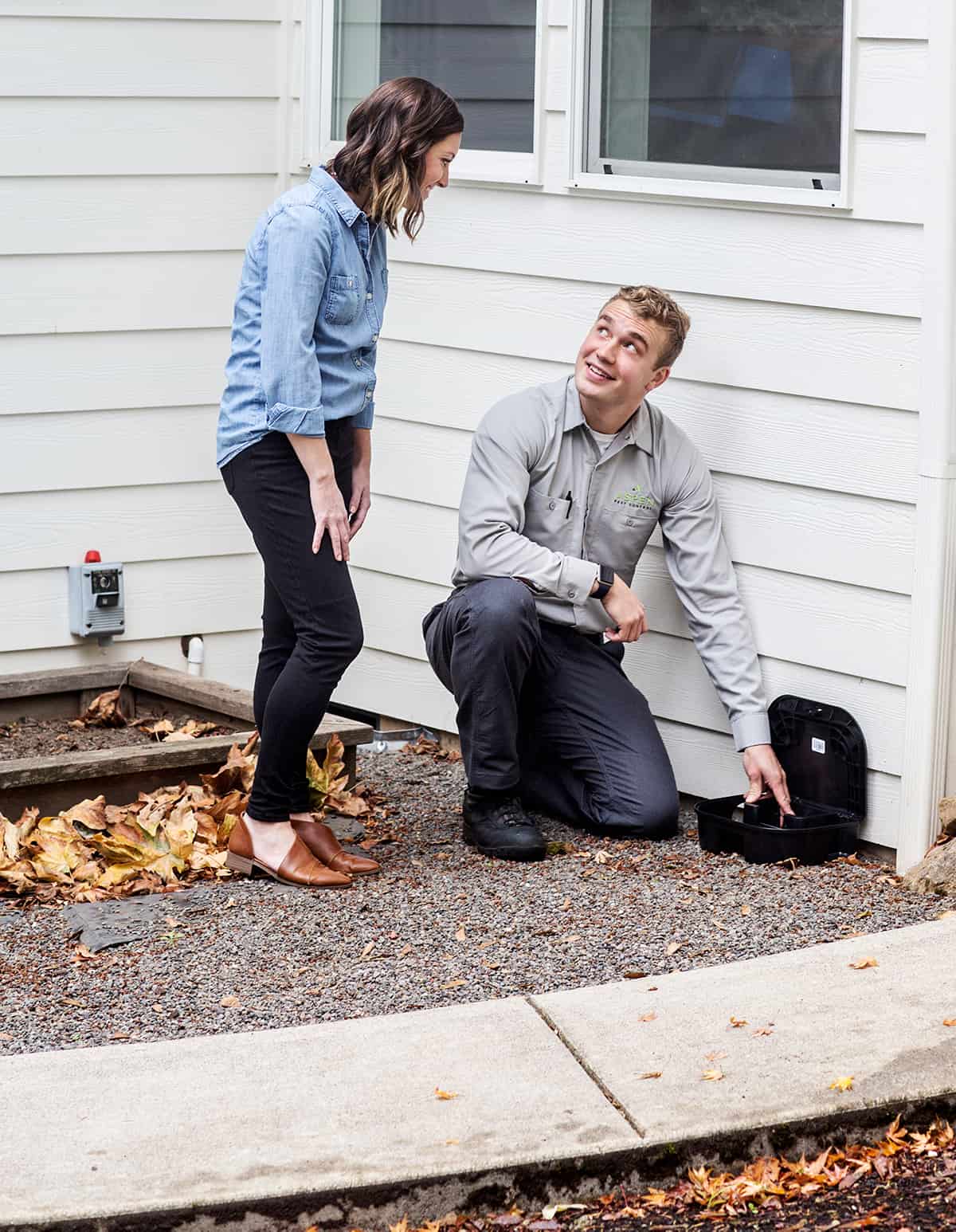
Secure your home near Vancouver against sugar ants

100% satisfaction guarantee
Regaining control of your house is usually more of a process than an event. Continually examining the sugar ant infestation in your home near Vancouver, and corresponding problem areas, is required to stop the ant population. Aspen has used its proven method on sugar ants thousands of times successfully. Your sugar ant infestation doesn’t stand a chance when it comes to our professional treatment.
We also provide services to get rid of other household pests:
- Box Elder Bug Treatment
- Carpenter Ants Pest Control Near You
- Mice or Rat Extermination
- Paper Wasp Nest Removals
- Pest Control for Fleas Vancouver
- Spider Pest Control
- Stink Bug Exterminator Vancouver
- Yellow Jacket Nest Removal
- and More!
Call Aspen Pest Control today and get rid of your sugar ant problem.
Talk with an expert pest control technician near Vancouver, WA
Vancouver Office:
12104 NE 95th St.
Vancouver, WA 98682
Portland Office:
8305 SE Monterey Ave
Suite 220 Q
Happy Valley, OR 97086
Mailing Address:
13504 NE 84th St
Suite 103 – 263
Vancouver, WA 98682


